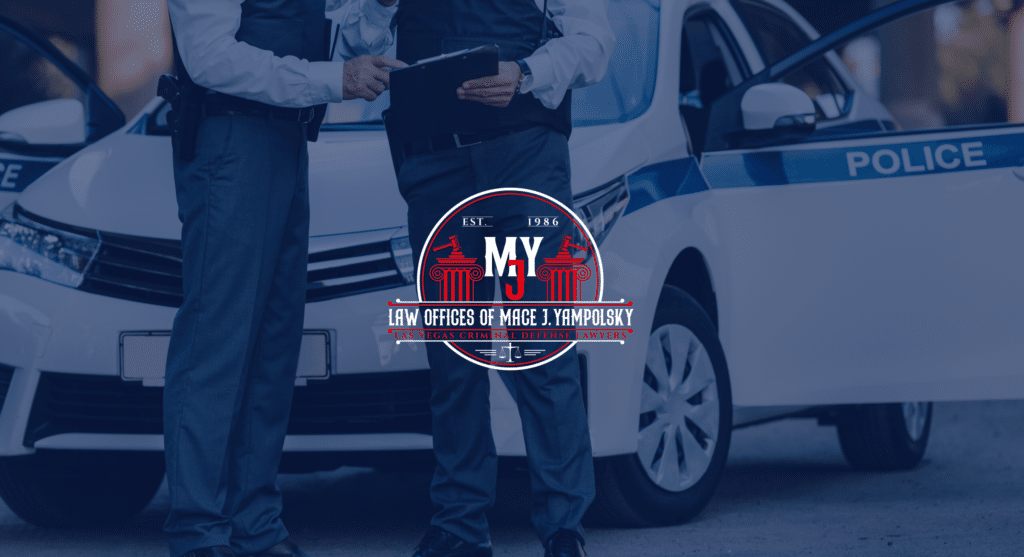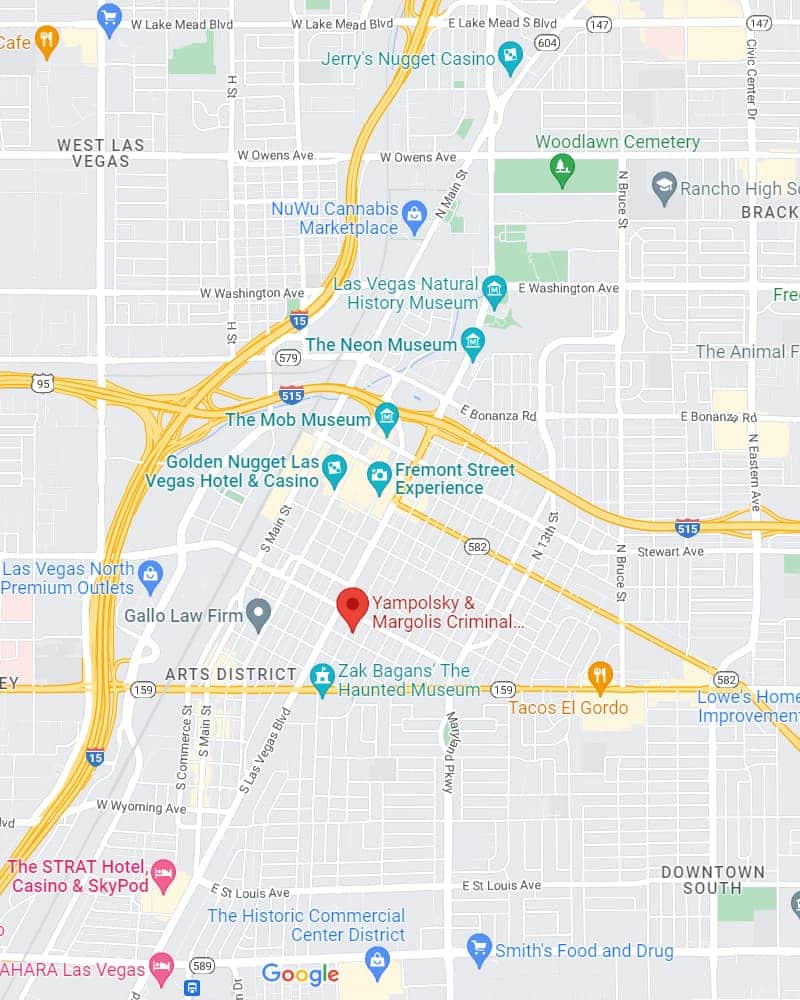What Are Some Tech Advances Helping the Police Fight Drug Crimes?
New technological advances are improving how law enforcement works in practically all areas of criminal behavior, including drug crime detection and drug crime laws.
Although it’s not entirely as depicted in the movies, it can still take weeks or months to match specific evidence to an individual and mount a legally viable case against them. However, new high-tech developments are being used every day, making it easier to fight and prevent and fight crime for the authorities.
Some examples of these emerging technologies, being used in varying forms now, are:
- Machine learning and AI (artificial intelligence) – Modern law enforcement agencies can now use massive databases with information that matches individuals to their criminal history and background. Then, by using AI, the police can easily make connections between seemingly disparate systems. These new and more robust algorithms can vastly improve investigative procedures and assist police in making better decisions regarding detention, prosecution, and punishment.
- High-tech electronic monitoring systems – If criminals are prosecuted for non-violent, minor drug offenses, etc., they can more efficiently serve their punishment at home using more efficient electronic monitoring systems. Suppose it can be argued that serving a sentence in one’s own home won’t deter criminal behavior to the same degree that prison does. In that case, it still may benefit society for low-level offenders not to be imprisoned. Instead, other highly efficient surveillance solutions can keep them out of jail and save the public much money.
- Pre-crime technology – The police in many cities use a new technology called ShotSpotter. This advanced tech triangulates information to determine the exact location of gunshots. Combining this valuable information with new license plate detection technology and facial recognition makes it vastly easier for law enforcement to manage crime, patrol high-crime areas, and investigate shootings and drug crimes.
These are only a few new techs available to law enforcement, and more are being beta-tested daily. - However, as these new high-tech systems are used, criminal defense lawyers must also know how to defend your rights when they’re used against you. If you’ve been charged with a drug crime in Las Vegas, you must have a criminal defense law team that understands these new systems and how to defend against them.
Are New Technologies Changing the Criminal Justice System?
The simple answer is yes; in many ways, new and high-tech surveillance and other technologies push the boundaries of infringing upon your constitutional rights.
The government and even private companies have a history of collecting data on civilians and justifying your resulting loss of privacy to prevent and stop crime. Surveillance and data collection have disproportionately affected specific communities and have been used unbridled in certain types of criminal behavior.
Evidence used in many drug crimes, such as facial recognition technologies (FRT) and machine learning algorithms, have drastically enlarged the precision and scope of potential surveillance. Federal, state, and local law enforcement agencies often rely upon tools and can access massive amounts of data stored on cloud servers or hardware (smartphones, hard drives, etc.) or available in social media and online forums.
But, the question becomes, is most or all this evidence admissible in court? Almost everyone works and plays online, and many crimes that used to occur in the physical world are now being committed or planned electronically. This is especially true in detecting, stopping, and prosecuting drug crimes.
Many times, when you have been charged with a drug crime, how that information was obtained, captured, and presented to the court is problematic, and the Las Vegas courts may not always know how to use it or explain its significance.
Suppose any of the evidence against you was obtained by violating your rights. In that case, your experienced Las Vegas criminal defense lawyer will inform you that the technology was used illegally and will work to dismiss your charges.
With These New Advanced Technologies, How Do I Know My Rights Are Not Being Violated?
This is the natural and vital question that the Las Vegas courts and criminal defense lawyers are now dealing with; they find it a highly difficult balancing act. In all types of crime, including drug crimes, these technologies must simultaneously be implemented to protect your civil liberties and constitutional rights.
This new law enforcement technology may be highly effective, but the Las Vegas courts and defense attorneys must be sure that one is serving the other.
Many of these current and future technologies carry profound implications for civil liberties and personal privacy. The courts must address these questions before those high-tech innovations hit the street.
Suppose you’ve been charged with a drug crime in Las Vegas based on evidence collected by “cutting edge” tech. In that case, you must present this information using a local criminal defense law team that understands the limitations of these systems and how they affect your rights.
What Is the Nevada Technological Crime Board?
The Technological Crime Advisory Board was recently created in Nevada to investigate and determine how new high-tech advances in law enforcement are used and implemented in the state. The detailed legislation can be found in NRS 205A
The Board comprises representatives of the Nevada Executive and Legislative Branches, state, local, and federal law enforcement, private industry, and some Nevada educational institutions.
Although it focuses on all technological crimes, its findings also affect drug crimes and myriad other forms of crime throughout Nevada.
Some of the board’s duties are:
- Allowing cooperation among state, local and federal officers in detecting, investigating, and prosecuting technological crimes.
- Establishment and oversight of two multi-agency task forces, one based in Reno and one based in Las Vegas.
- Coordination and provision of training and education to prevent and detect technological crimes.
- Assisting the Department of Information Technology to secure government information systems against intrusion.
- Recommending changes to Nevada laws to respond to technological change and law enforcement requirements.
It must be noted that drug crimes are investigated daily in Las Vegas and all of Nevada. That said, if you have been charged with a drug crime, it is always a severe matter, and you must work with a Las Vegas drug crimes defense lawyer familiar with the ins and outs of all the newest technology used by police to gather evidence against you.
Why Must My Drug Crimes Defense Law Team Be Familiar With High-Tech Crime Investigation?
Technology is ever-present in our everyday lives and has become an integral part of the legal system in Nevada and throughout the country. However, the criminal justice system is not immune from the misuse of this new tech, and your Las Vegas drug crime defense law team must be knowledgeable in technical evidence collection to defend you successfully.
The experienced drug crime lawyers at Law Offices of Mace J. Yampolsky Criminal Defense have been successfully defending Las Vegas residents for over 40 years. They have a winning and successful history but also understand the new, challenging, and high-tech technology that will be used against you. Call them today at (702) 385-9777, and they will fight aggressively to ensure these technologies are used within the bounds of the law, and your rights are fully protected.








